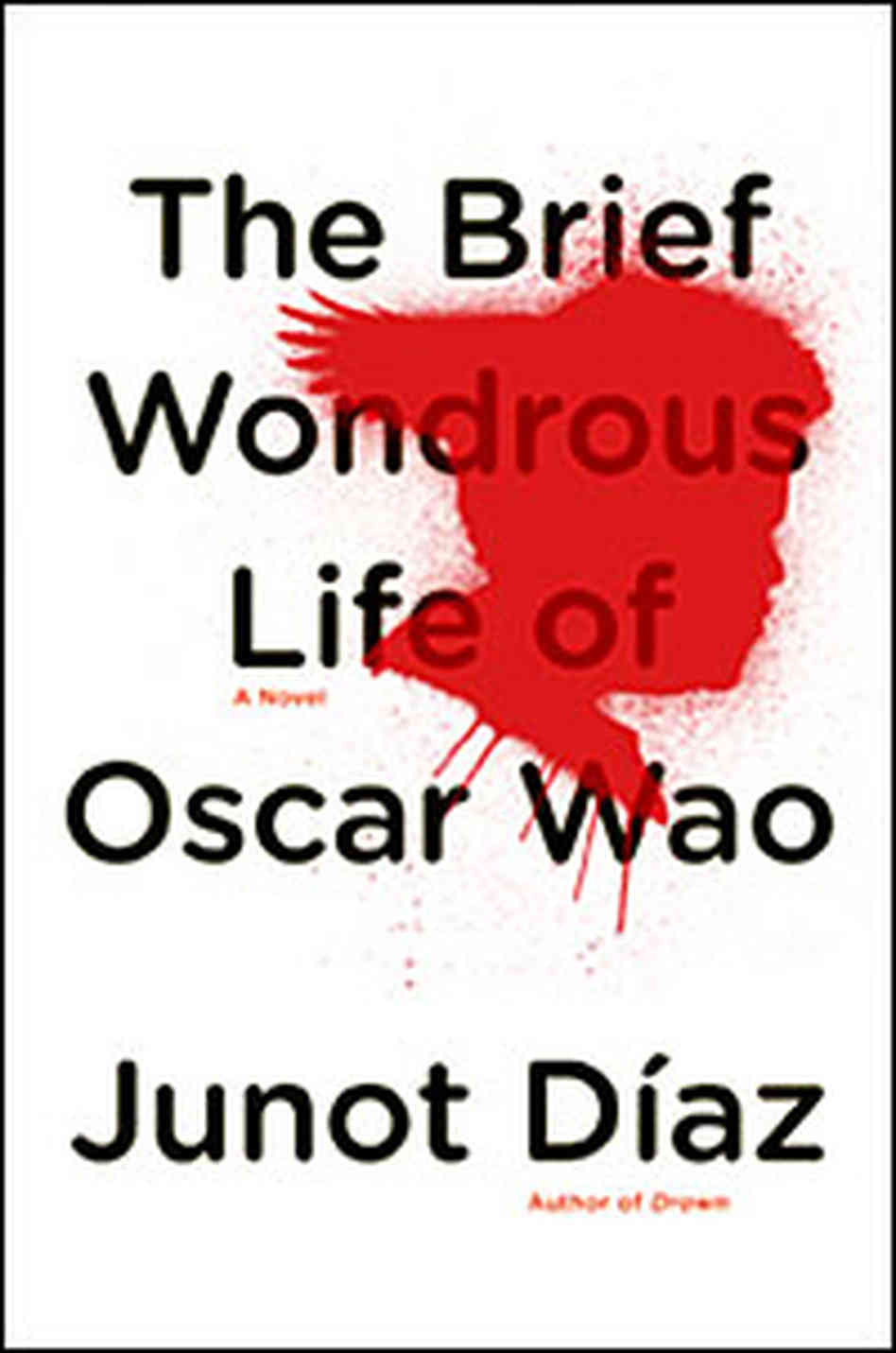Three word summary: Ghetto nerd. Dominican.
I was forced to read a number of works about the immigrant experience during the course of my education up to this point, so I was skeptical about picking up this one, which I did for a book club. It’s not that I don’t welcome immigrants to this country and feel that their voice is an important part of who we are as Americans. It’s just that I’m a white Anglo-Saxon protestant whose family has been here at least as long as we have been a country (both sides fought in the Revolution), and I really just don’t share a whole lot of common ground with recent immigrants who want to cry about how mean I am. But that didn’t prevent 13 years of authors I was told to read shoving that viewpoint down my throat. If it seems like I am on a tangent before ever even mentioning the book I am reviewing, it’s because I am. I tell you all this so you understand how not-generally-my-cup-of-tea this book is before I tell you that I absolutely loved it. Diaz has a genuinely gifted voice that he has clearly developed over years of storytelling and he renders Oscar’s and his family’s story with such aplomb that whether you cared about the Dominican Republic before (it doesn’t count if fantasy baseball was your primary reason) you will for at least as long as you read this book. It deserved the Pulitzer prize it won.
The story is nominally about Oscar, a mega-nerd being raised on the mean streets of New Jersey’s Dominican neighborhoods. Oscar is socially inept and extremely overweight and he bitches a lot about how his life is no good. But the book is really an account of a family who have been hurt by the Dominican Republic and how a curse from that country has followed them to America and it will not let up. Diaz does a great job sprinkling in snapshots from Dominican history in a way that is grabbing but not overbearing. He often refers to the terrible dictator Trujillo and the reign of terror that he held over the DR, comparing Trujillo to various genre fiction and comic book villains as Oscar would have appreciated. The comparison out of which Diaz gets the most mileage is to Sauron from Lord of the Rings. While Oscar and his family are the central characters, the narrator is Yunior, a semi-autobiographical version of Diaz himself. Yunior is hard-nosed and down-to-earth and is a bit of a rake. But he has a very well-developed and personal voice and never makes excuses for himself. While not all readers will like him, I found him very sympathetic.
As I mentioned, the book does a good job in giving a vivid snapshot of life in the Trujillo regime and is very enlightening about a situation that occurred so close to home but which so few Americans knew anything about. This is not a history book and it never feels as if it is becoming derailed for a history lesson. Hearing these things from the mouth of the irreverent Yunior gives them a particular lightness without robbing them of the weight of their content. The curse, or fuku, of Oscar’s family and, more generally, the whole island is treated with a healthy bit of skepticism, but Yunior returns to it so often with such vivid description of its supposed effects that the audience begins to see the fuku around every corner as the Dominicans in the story do.
Oscar is a good character, but I did not find him to be sympathetic. It feels as if Diaz wants us to like him and feel sorry for him; many with whom I have spoken about the book do like him. I could never get on board. Oscar has no arete. Arete is the ancient Greek concept of attaining excellence at something, but it is often translated as the word “virtue”. In today’s America people are seen as virtuous based on the way they treat other people, how honest they are, etc. Being good at things is nice but we are not perceived as morally culpable for our abilities in any given capacity. While I cannot wholly reject our cultural philosophy of holding people accountable for their interactions but not for their abilities, I also cannot deny that I believe the ancient Greeks had something in the concept of arete. We are asked to pity Oscar because he is fat, socially inept, wimpy, and an all-around schlub. He’s supposedly good at writing but he’s never sold a word. I cannot wholly forgive these failings when Oscar fails to do anything about them himself. I never had it as bad as Oscar, but I’ve been fat, nerdy, and on the outside as well and I changed myself. But maybe that’s the last lesson I had to learn from Oscar: that my all-American upbringing kept alive in me the hope that I could change my circumstances, that I didn’t have to settle for less but that I had to do everything I could to go get more. A kid growing up in a family from a highly-oppressed Caribbean island might, for good reason, have a more pessimistic attitude toward the possibility of improvement.
Oscar Wao is a good read. It tells a sad story without being weepy and it teaches a hard lesson about the realities of the world that even the spirit of America has a hard time overcoming. The liberal spattering of Spanish phrases throughout the book can be exhausting to non Spanish speakers, but you’ll find they add a richness Yunior’s voice. The same can be said of the heaping helpings of allusion to genre fiction you will find. I might not have liked Oscar much, but I loved Oscar Wao.
